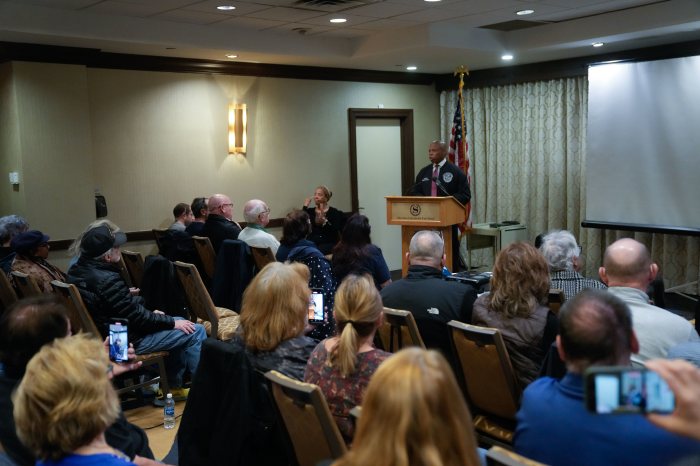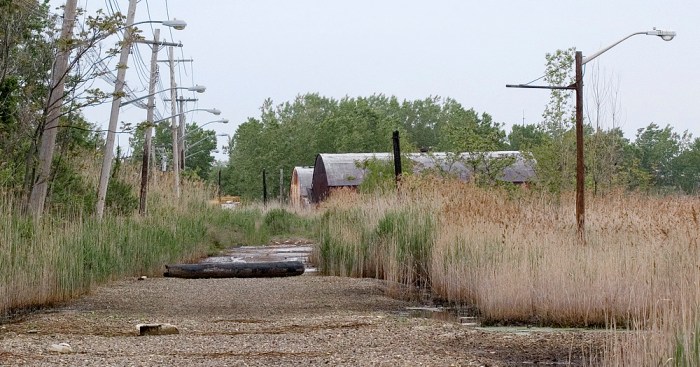Benjamin Rastelli has pleaded guilty to illegally dumping construction and demolition material at a College Point site where a sports complex was scheduled to be built, it was announced by Queens District Attorney Richard Brown.
The Whitestone defendant faces a three-month jail term and has agreed to pay the city $250,000 in restitution.
"The defendant has admitted his guilt to a crime which put greed before the needs of the children of College Point and trashed their field of dreams,"said DA Brown.
College Points effort to build a community sports complex has covered a nearly 40-year period. Back in the mid-1960s, neighborhood residents began to convert 22 acres of vacant wetlands belonging to the city at Ulmer Avenue and 127th Street in College Point. The College Point Athletic Association had leased the property and established a budget to develop the marshland area into a community sports arena.
As the plans progressed in 1995, youth membership soared 40% (from 1,000 to 1,400 youngsters), and by late 1996, their project was labeled their "field of dreams."
Budgeted at $600,000, their plans called for a 22-acre athletic center to be built on land with a high water table. The facility would provide nine separate athletic units: senior and junior sized soccer fields, senior, intermediate and little league baseball fields, two football fields, an adult softball field, a roller hockey rink, plus cross country and quarter-mile tracks that criss-cross around the different athletic fields.
Then, in 1997, somebody made them an offer they couldnt refuse.
The athletic field would be built on their wetlands site, at no cost, by Enviro-Fill, a firm that was required to legally dispose sanitized construction fill from building projects. According to their agreement, the firm would build an athletic field if it was permitted to deposit clean fill that was free from environmental contamination on the marshland site.
However, by the end of 1997, work was halted by a series of environmental injunctions from the Department of Sanitation, leaving 1,400 College Point youngsters to scramble for themselves until now. During that same year, Sanitation crews removed 211,000 cubic yards of illegal fill containing plumbing fixtures, rusty pipes, wallboard, concrete, and other potentially dangerous material. This illegal fill had been covered by the contractor with a thin layer of top soil that quickly wore away.



































